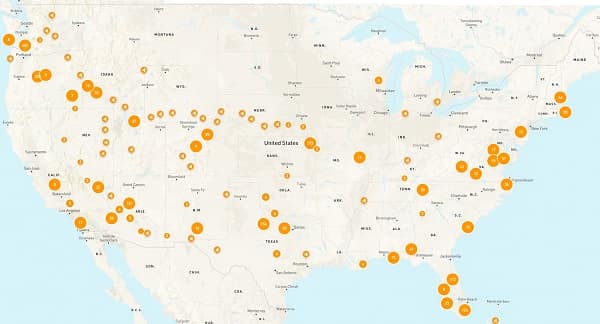Worldwide Campus Leads Drone Research, Passes Flight Milestone

Worldwide Campus researchers recently partnered with marine biologists at Starry Hill Observatory in Eatonville, Washington, to lead tests measuring the noise impacts of ten different drones on nearby wildlife.
This preliminary study was conducted to help marine biologists choose a drone that would allow them to observe endangered seals that may become entangled in fishing line. "Our research enabled organizations to develop guidelines for when and how drones can be used to monitor wildlife and other interests without adverse disruption," said Dr. David Thirtyacre, chair and chief pilot for the Department of Flight in the College of Aeronautics.
Watch this video to learn more.
In addition to conducting research, the Worldwide Campus has also exceeded 1,000 flight training hours for drone pilots.
